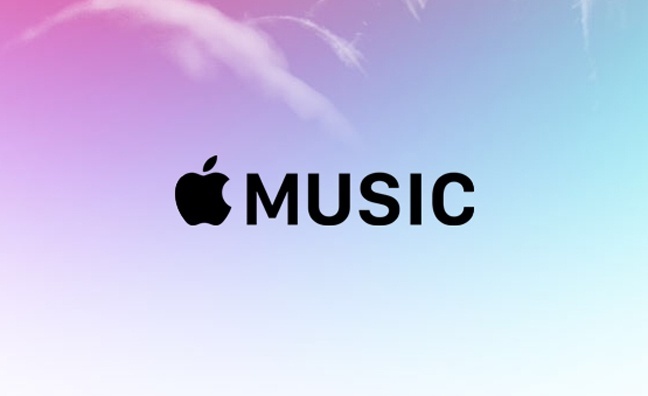As Apple unveils a new app to replace iTunes, Music Week looks back at 18 years of the download store – from Steve Jobs triumphant launch to the U2 album that backfired and the arrival of Apple Music.
January 2001: Apple CEO Steve jobs took to the stage in San Francisco and announced the launch of iTunes – “This is a music revolution happening right now,” he said.
The new software allowed users to rip CDs onto their computer and store all their music in one place.
2003: Version 4 of iTunes introduced the iTunes Music Store, which offered users the ability to legally download music, competing with peer-to-per sharing sites.
iTunes Music Store sold one million songs in its first week. By June 1m iPods had been sold. Artists could now distribute their music without the need to sign for a major licensing company. The iTunes app launched on Windows.
2005: iTunes added support for video and podcasts.
2008: Downloading faced as challenge as Spotify introduced its new streaming ‘freemium’ model, as well as its premium service.
2010: iTunes added support for books.
2011: iTunes launched its own branded festival in London at the ICA. It later moved to the Roundhouse.
2013: iTunes launched iTunes Radio in US, after 2016 it is incorporated into Apple Music.
Beyoncé’s self-titled fifth album sold 828,773 copies in three days on iTunes as an exclusive release. The iTunes store also sold its 25 billionth song.
2014: U2’s album Songs Of Innocence is made available free via iTunes, prompting a backlash from users who objected to the automatic delivery of the album.
2015: Apple unveiled their streaming service Apple Music in order to compete with Spotify, Amazon and Google, moving away from downloads, as well as the Beats 1 radio station headed by Zane Lowe.
2018: Apple started to close gap between its streaming service and Spotify, particularly in the US. Music video was added to Apple Music, which passes 50m subscribers.
2019 – Apple’s Q2 figures showed overall revenue is down by 5% but Apple Music reaches new high of $11.45bn, an increase of 16%. In the UK, digital albums dropped 27.3% to just over two million units in Q1, just ahead of the replacement of iTunes.
By Nick O'Leary











